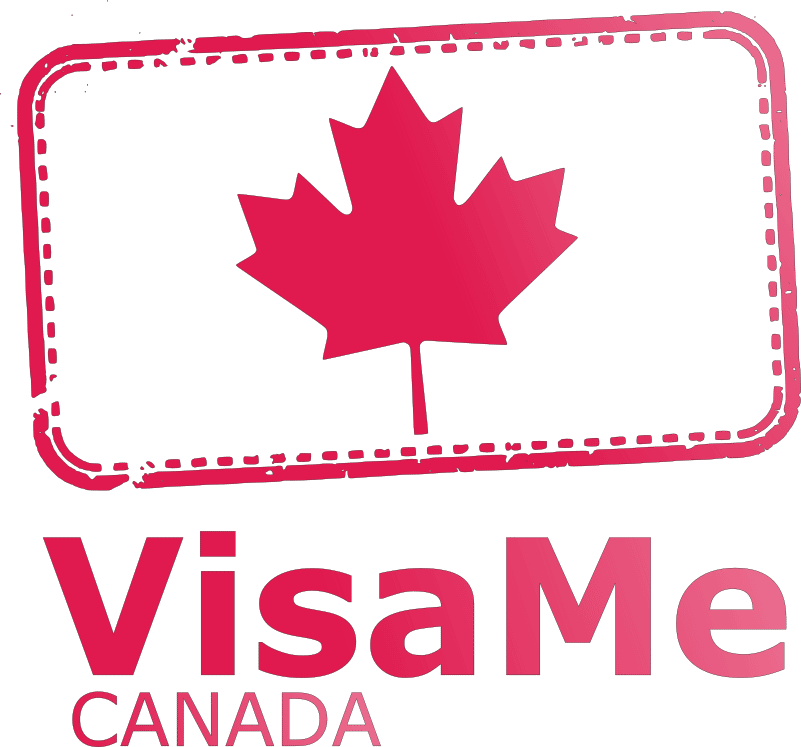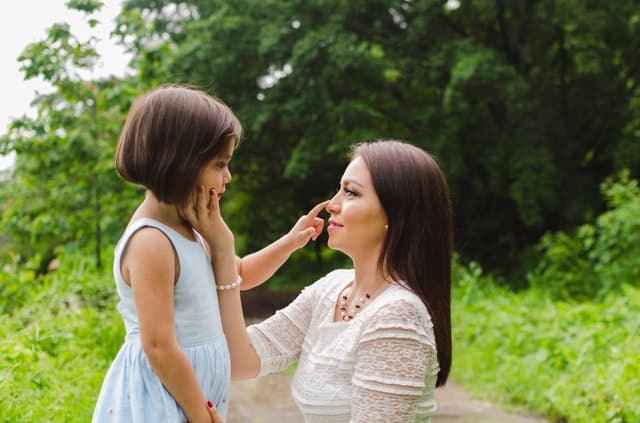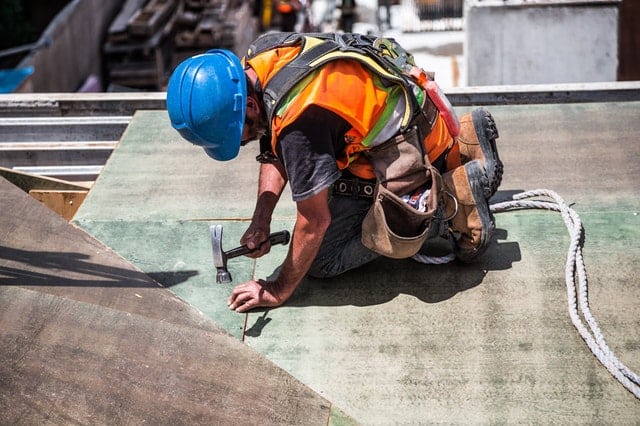Background
It is mandatory for the principal applicant applying for permanent residency to declare all of his or her family members and have them examined even if they will not be accompanying the principal applicant to Canada. Failure to disclose and examine the non-accompanying family member results in lifetime bar of being able to sponsor that family member.
Paragraphs 117(9)(d) and 125(1)(d) of the Immigration and Refugee Protections Regulations states that a foreign national shall not be a considered a member of the family class or spouse of common-law partner in Canada class by virtue of their relationship with a sponsor if that sponsor previously made an application for permanent residence and became permanent resident and, at the time of that application, the foreign national was a non accompanying family member of the sponsor and was not examined.
In order to address concerns related to the disproportionate impact of the lifetime bar, particularly on children, IRCC has now implemented a 2-year pilot program through a temporary public policy to encourage flexibility on the lifetime bar and allow sponsorship of the family members who were excluded under paragraph 117(9)(d) or 125(1)(d) of the Immigration and Refugee Protection Regulations.
Eligibility
To be eligible under this Public Policy, the foreign national must meet all the following requirements:
- The foreign national has applied as a spouse or as a common-law partner in the Spouse or Common-Law Partner in Canada Class or as a spouse, common-law partner or dependent child under the Family Class;
- The foreign national has a sponsor who was granted permanent residence status in Canada as a:
- Convention refugee or a person in similar circumstance,
- Protected person,
- Member of the family class, or
- Spouse or a common-law partner in Canada Class; and
- The foreign national would not have made their sponsor ineligible in the class that the sponsor applied for had they been declared and examined at the time their sponsor immigrated to Canada.
Exception
This policy does not apply if the sponsor was granted permanent residence status under the category of economic classes, permit holder class, permanent residence from within Canada based on humanitarian and compassionate grounds, other members of the family class such parents and grandparents and their dependent children, orphaned relatives and other relatives.
Additionally, the public policy only applies to the following applications:
- Applications still in process on May 31, 2019 (no final decision made before that date);
- Application received between May 31, 2019 and September 9, 2021; and
- Applications pending reconsideration between May 31, 2019, and September 9, 2021.
Duration
The pilot program is only in effect from September 9, 2019 to September 9, 2021, and may or may not be extended.
For more information regarding this Public Policy, please contact our office. We welcome the opportunity to assist you with your Canadian immigration process and will be glad to provide you with further information and answer your questions.





